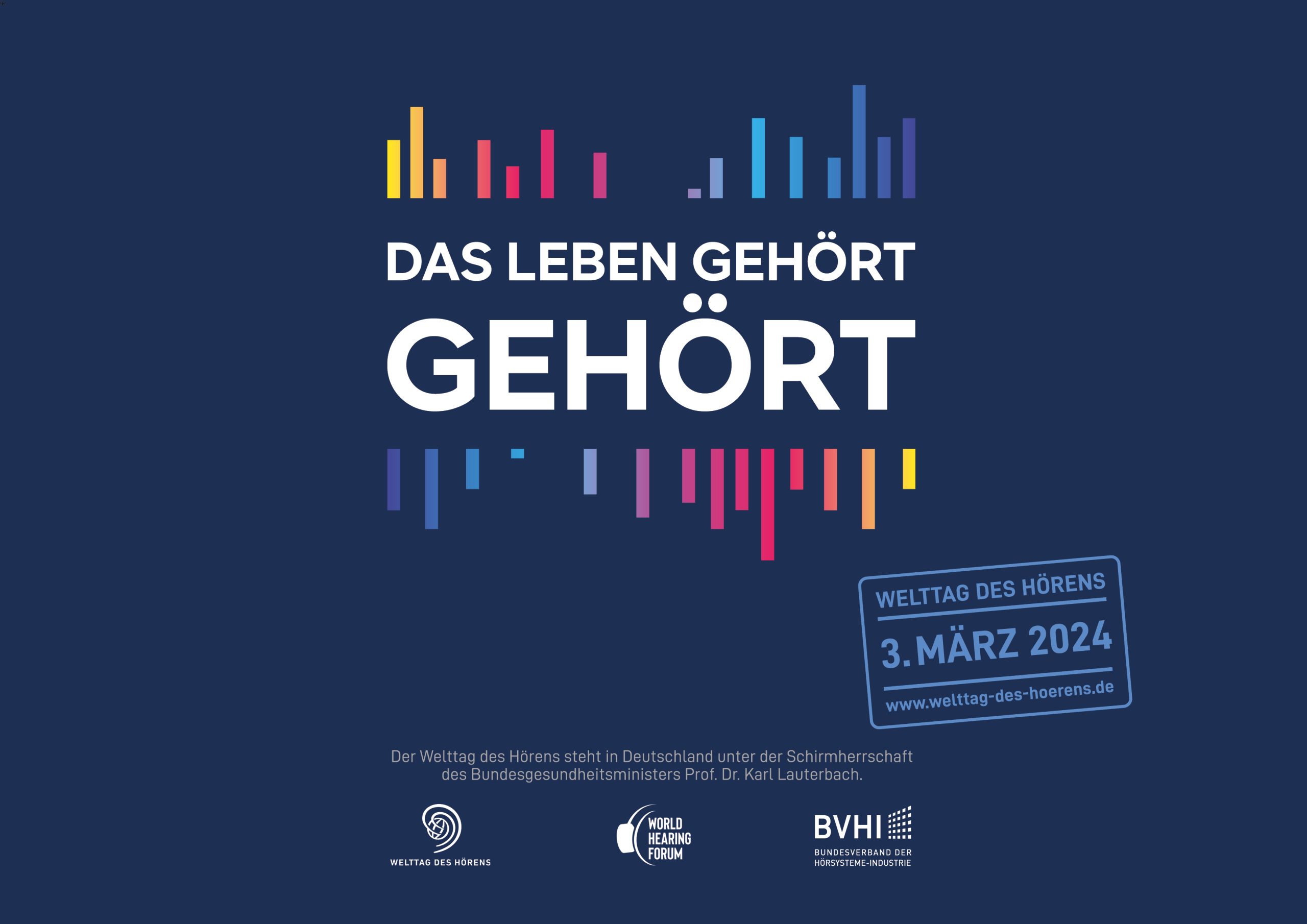Every year, on the 3rd of March, the world comes together to celebrate World Hearing Day, an advocacy event aimed at raising awareness about hearing loss and promoting hearing care. This year’s theme, “Changing Mindsets,” highlights the importance of shifting attitudes towards hearing health. Organized by World Health Organization (WHO) in collaboration with various initiatives, this day serves as a crucial reminder of the significance of preserving our hearing.
In this article, we shed light into the imperative of hearing care awareness and explore the primary causes of hearing loss along with strategies to mitigate this prevalent issue.
Hearing loss is a pervasive issue that knows no boundaries. It affects people of all ages, genders, and socio-economic backgrounds. Despite its widespread impact, hearing care is often overlooked in our healthcare routines. Just like any other aspect of healthcare, prioritizing hearing care is essential for maintaining overall well-being. A report released by the WHO in 2021 predicts that by 2050, nearly 2.5 billion individuals will grapple with some form of hearing impairment, with approximately 700 million requiring rehabilitation services. This forecast alarms the pressing need for investment in preventing and addressing hearing loss worldwide.
One of the foremost causes of hearing loss, particularly among younger demographics, is excessive exposure to loud music. While everyday sounds from various sources like television, household appliances, and traffic are typically harmless, loud or prolonged exposure can inflict significant damage on our hearing. This phenomenon, known as noise-induced hearing loss (NIHL), is exacerbated by the prevalent use of personal sound systems like headphones and speakers, which often tempt users to crank up the volume to hazardous levels.
Prolonged exposure to loud noises can harm the delicate structures of the inner ear, resulting in irreversible hearing loss. Therefore, exercising moderation when listening to music and ensuring that volume levels remain within safe thresholds are crucial practices. WHO’s report further underscores that over a billion young individuals are at risk of preventable hearing loss associated with recreational use of personal devices, with approximately 200 million suffering from chronic ear infections that can be prevented or treated.
Occupational noise exposure poses another significant risk factor for hearing loss. Workers in industries such as construction, manufacturing, and entertainment are frequently subjected to high levels of noise, placing them at heightened risk of developing noise-induced hearing loss. Employers must prioritize implementing measures to mitigate noise exposure in the workplace, such as furnishing ear protection and instituting soundproofing measures.
Moreover, untreated infections can significantly contribute to hearing loss. Ear infections, if left unaddressed, can lead to inflammation and damage to the ear canal and eardrum, culminating in temporary or permanent hearing impairment. Seeking timely medical attention for any signs of ear infections is imperative to forestall long-term consequences on hearing health.
To ensure early detection of hearing loss, regular hearing screenings are always advisable. By identifying hearing problems early, individuals can take proactive steps to manage their condition and prevent further deterioration. Hearing aids, implants, and assistive listening devices are some of the technologies available to improve hearing and enhance quality of life for those with hearing loss. Thus, accessible and cost-effective solutions for the identification and rehabilitation of hearing loss must be made available to all individuals.
On this World Hearing Day, let’s pledge to prioritize our hearing health and spread awareness about the importance of hearing care. By changing mindsets and fostering a culture of proactive hearing protection, we can collectively ensure that everyone has access to the support and resources they need to maintain optimal hearing health.
In the DACH region, the Federal Association of the Hearing Systems Industry actively participates in the World Hearing Forum, alongside the European manufacturers’ association EHIMA and other organizations dedicated to this cause. Visit the website for a platform that raises awareness about hearing care, offering reading materials and press resources for those wishing to partake in this vital initiative. #ichgehöredazu


